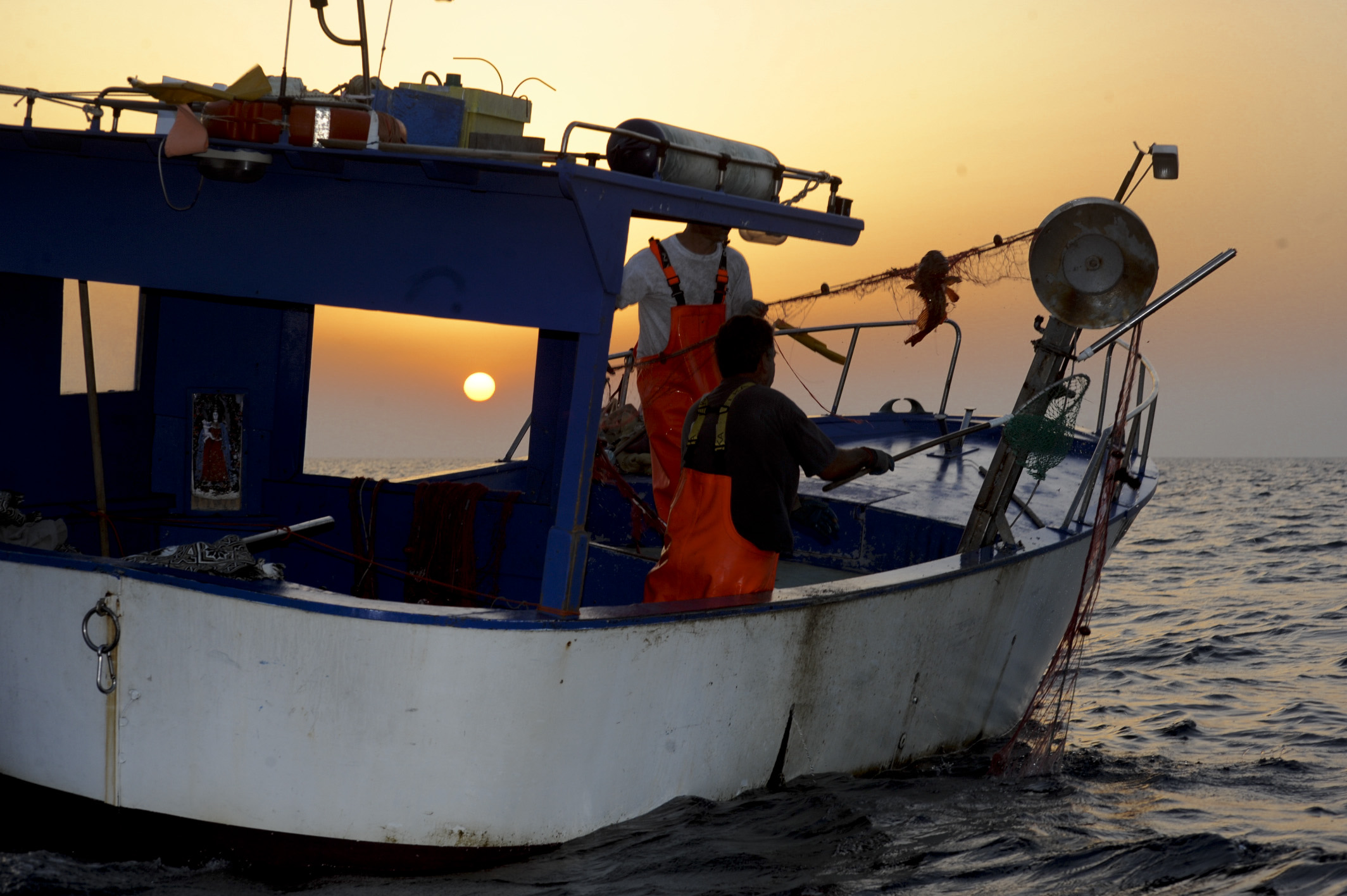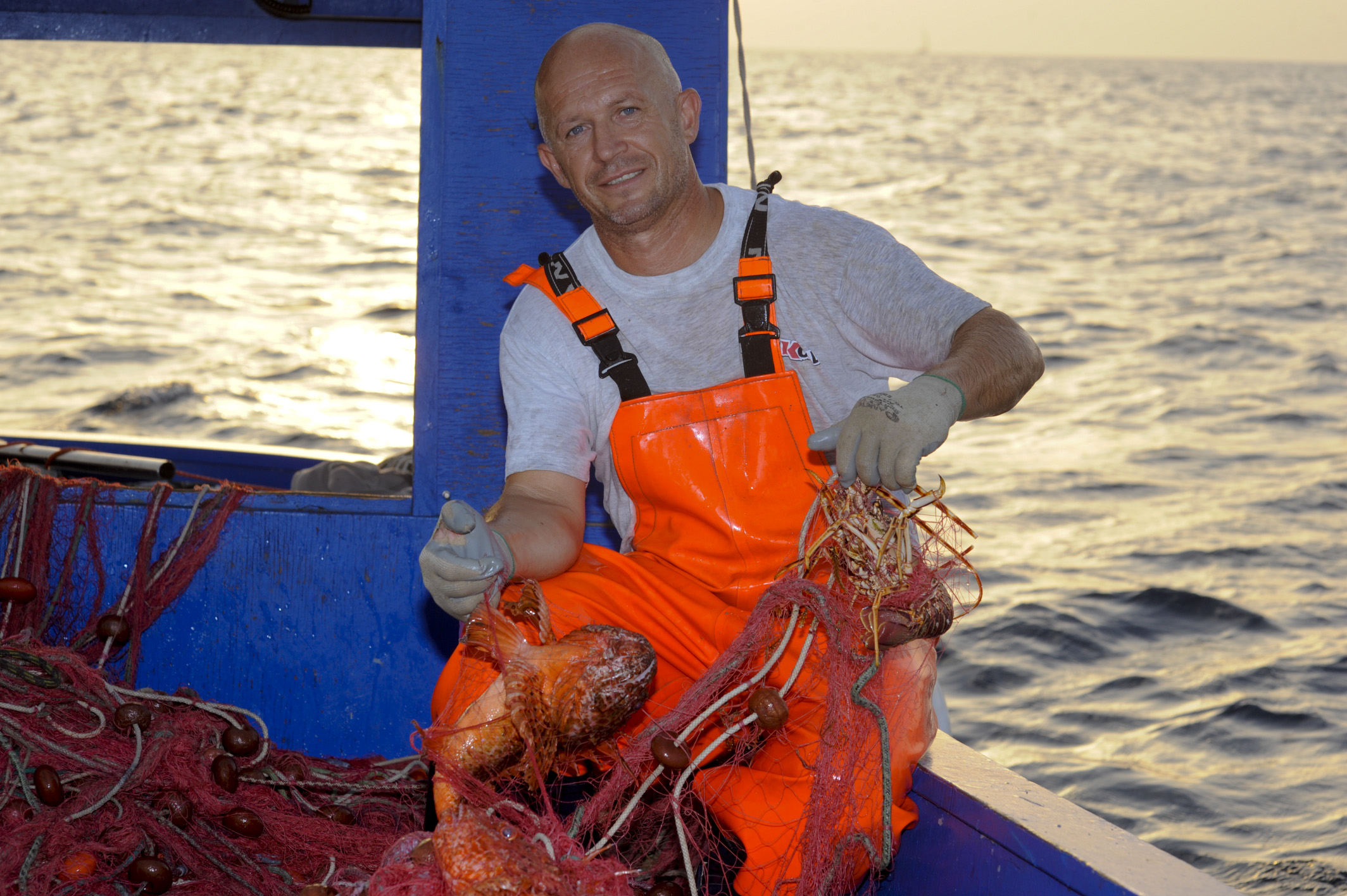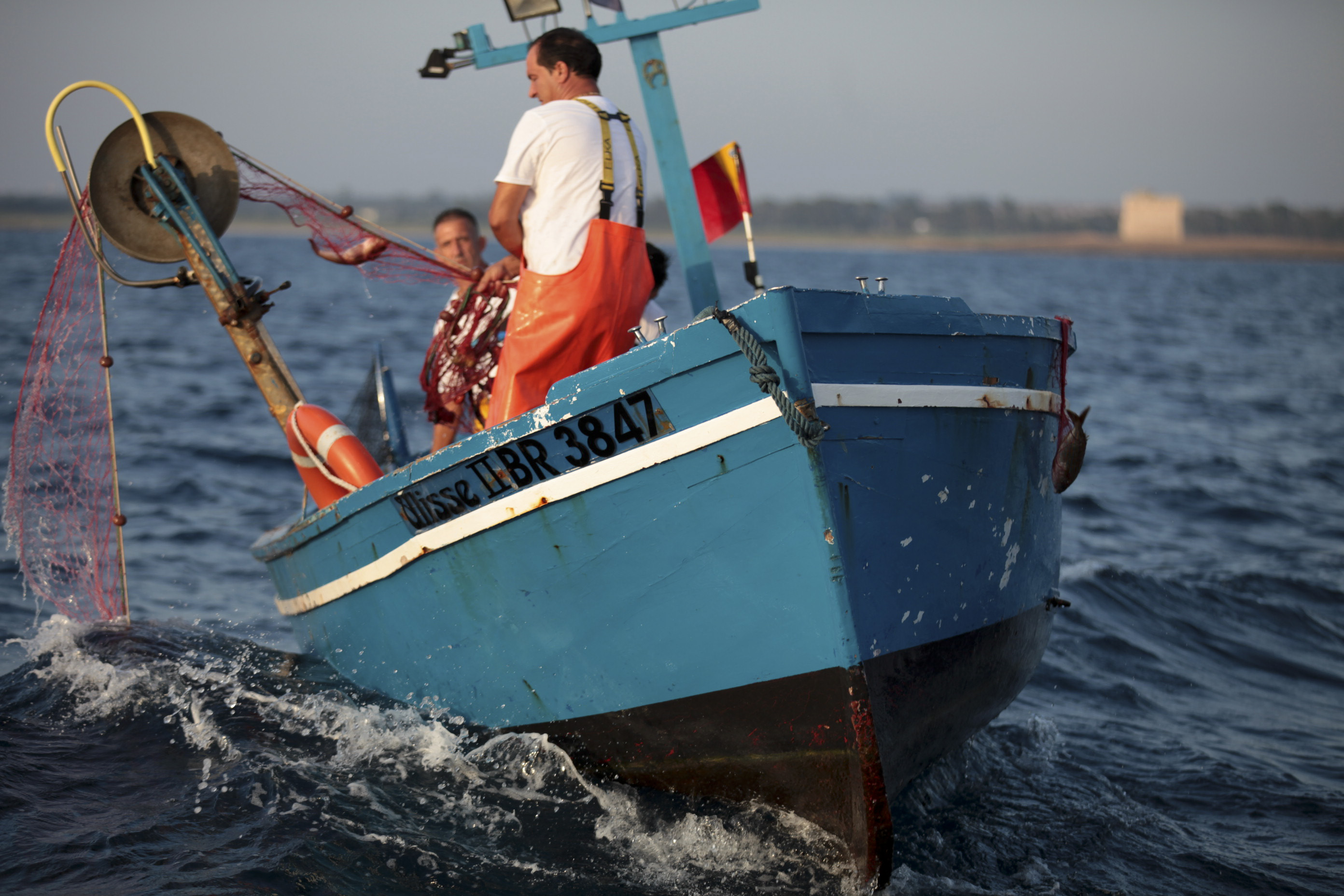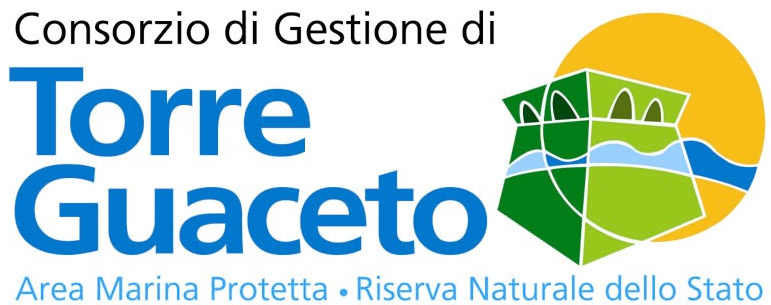Case Study
The sustainable fishermen community in Marine Protected Area of Torre Guaceto
Contact name
Alessandro Ciccolella
Institution name
Consorzio di Gestione di Torre Guaceto
Region & country
Apulia Region - Italy
Summary
In the Mediterranean context, the participative experience of fishery management with artisanal fishermen operating in the Marine Protected Area of Torre Guaceto is one of the few best practices that demonstrates that it is possible to involve the world of traditional fishing in the sustainable management of fishery resource. The fishermen community of the MPA of Torre Guaceto now represents an important positive driving force for the local economy: “Today we can give a future to our children and now, many young people, who once would have scorned our job as residue of a past of fatigue and misery, approach with interest and want to be a fisherman”, says Felice, one of the fishermen.




Background of the project
The MPA of Torre Guaceto was established in 1991. A management body began operations in 2001 when the management and surveillance of the area have become effective. The site where Torre Guaceto was established was a stretch of coast where fishermen traditionally have operated for generations. Fishermen have considered Torre Guaceto as an area where they have the right of fishing and when the MPA was established, the conflicts arose.
The artisanal fishermen have always competed to exploit the same fish stocks. The goal of the management was to convince them that working for a moderate exploitation of fish stocks is much more convenient than exhausting the available local resources. The success of a collaborative exploitation can only be achieved if all the fishermen work together for the same purpose.
Solution and actions taken
The Managing Body asked fishermen to participate in the drafting of the regulation of fisheries within the MPA. Under the scientific supervision of Paolo Guidetti, was defined an experimental fisheries protocol implemented by the fishermen themselves, in Zone C of the MPA.
The participation of fishermen to fishing pilot program was voluntary. The fishermen were invited to discuss and share decisions with the MPA about the rules for managing fisheries, with the researchers monitoring activity.
Fishermen who adhered to the protocol of co-management (at the beginning 7 boats accepted) were authorized to fish. From the beginning, the fishing effort was regulated and the nets were selected to limit the impact on predators, on juveniles and on habitats and benthic communities.
The fishermen are allowed to fish once a week only in area C of the MPA, using a trammel net (1 Km instead of the usual 2/3 Km) and with a mesh larger than the commonly used (3 versus 2.4 cm ).
Other institutions or parties involved
Main partner of the experience was CoNISMa U.O Lecce. The scientist in charge of the project was prof. Paolo Guidetti.
The fishermen have organized themselves into a community, inserted within the Community Terramadre Slow Food, who is working in collaboration with the managing body for the creation of a Presidium of sustainable small-scale fisheries.
Results
Immediately after the reopening of the fisheries, in the MPA the yields were much higher than outside; after approximately 2-3 years, the catches have stabilized around the values that were at least double than those obtained externally.
A project is expected to achieve a processing laboratory for the third size. In practice, those neglected species that have little market (as grey mullet) should be retrieved for creating products conserved in organic olive oil produced in the park.
Challenges
The program’s success chances are closely linked to the cooperation and involvement of fishermen in the MPA Management.
Lessons learned
An important result of the project was to increase awareness of fishermen about an approach to a more sustainable and remunerative fishing.
Contact name
Alessandro Ciccolella
Institution name
Consorzio di Gestione di Torre Guaceto
Website(s)
